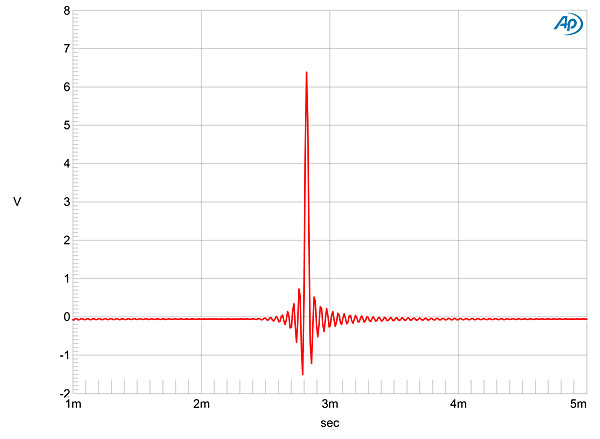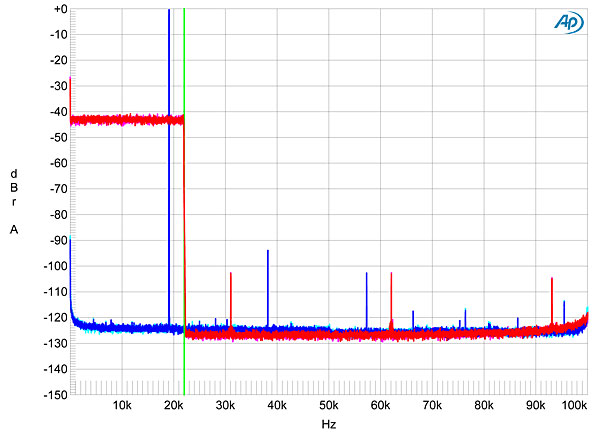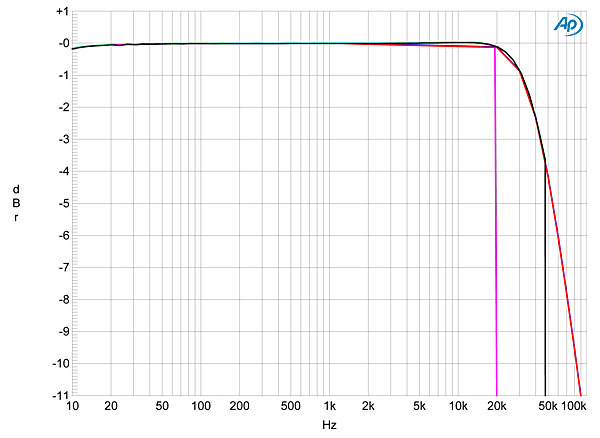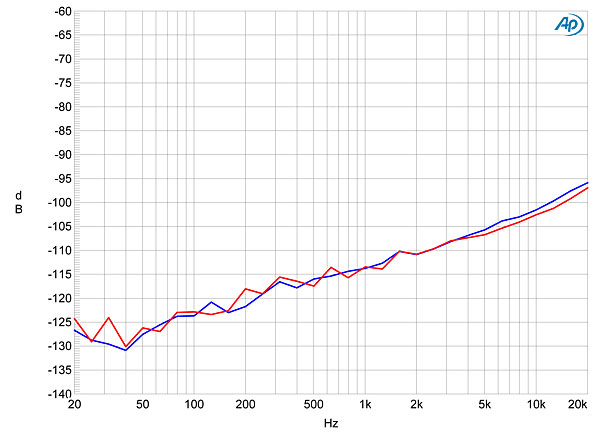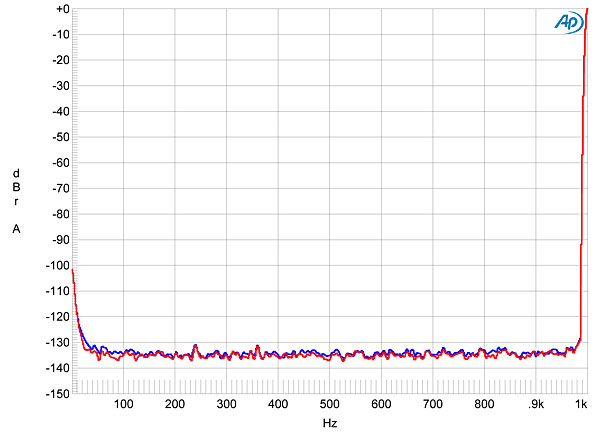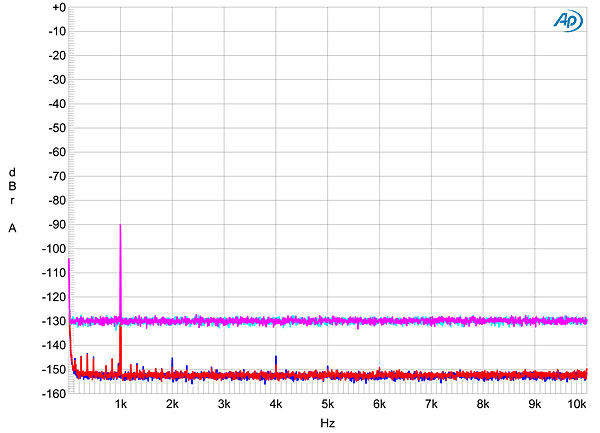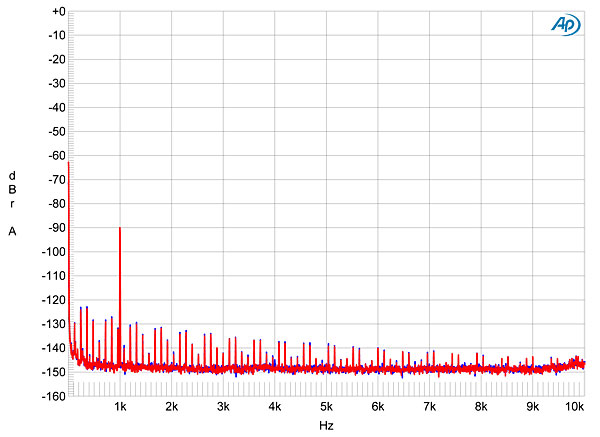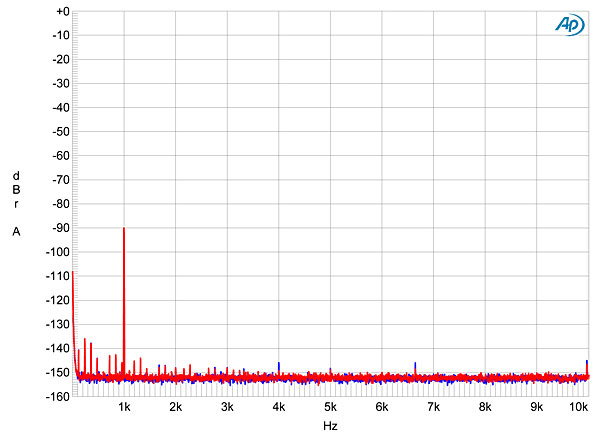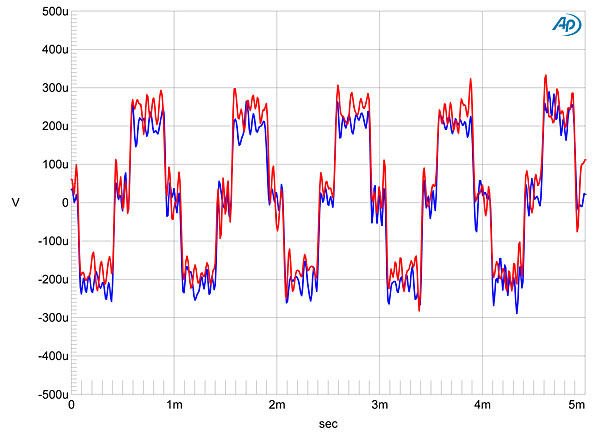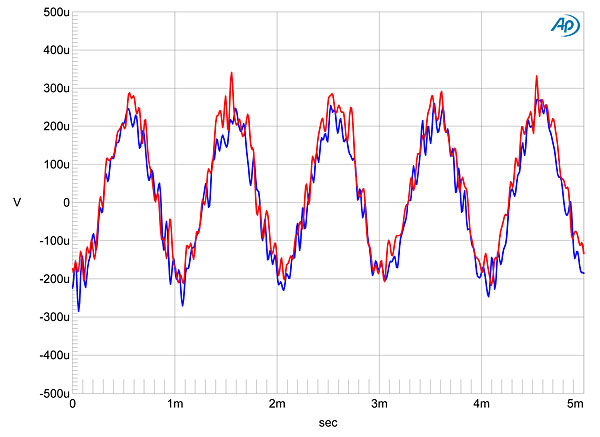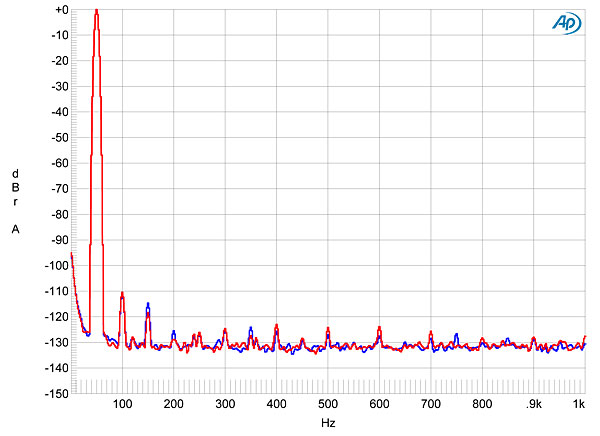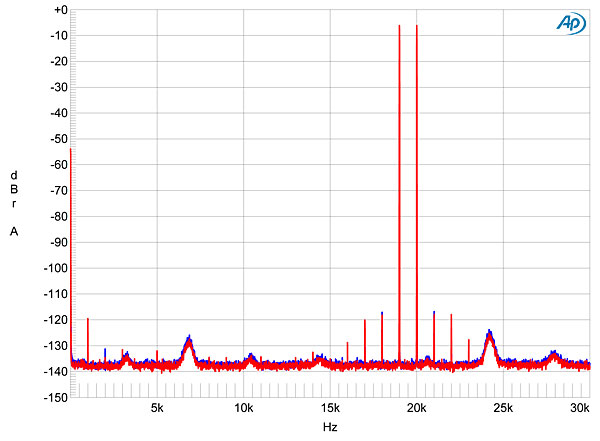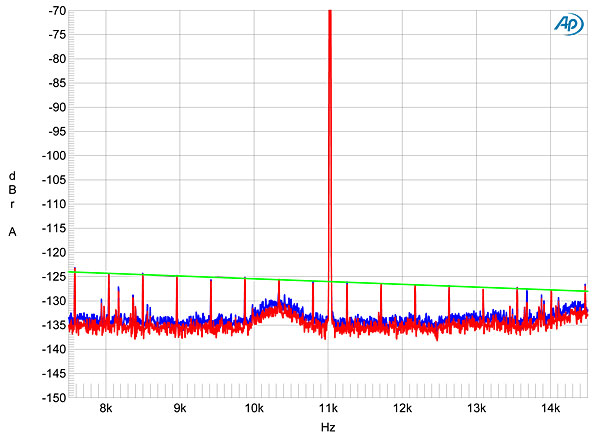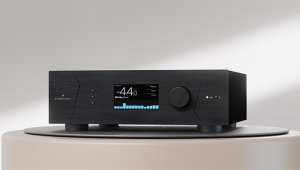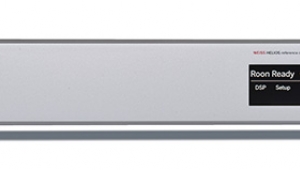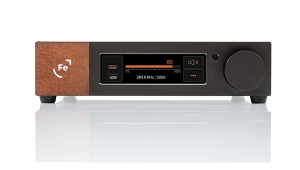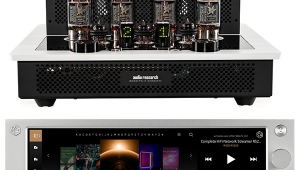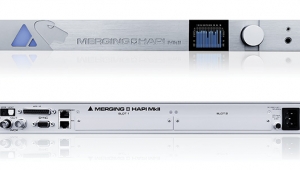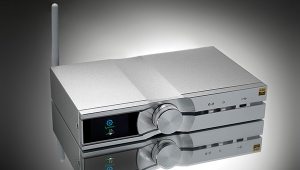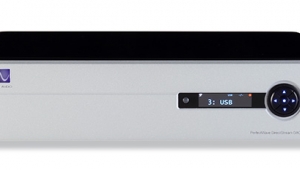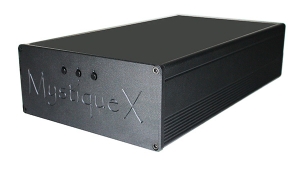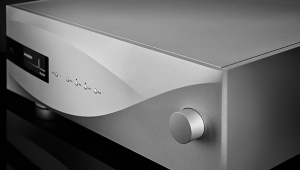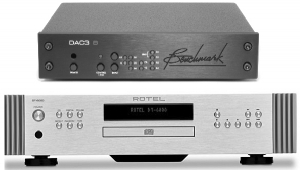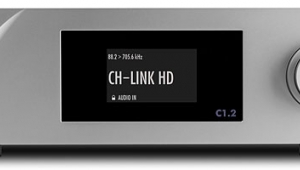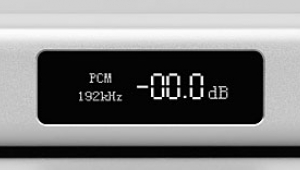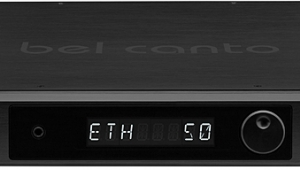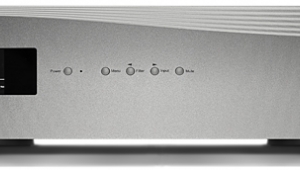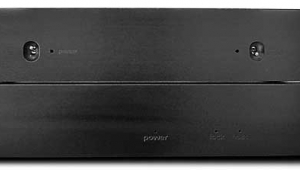| Columns Retired Columns & Blogs |
Ok,
nice piece of Journalism.
People tell me the same sort of things about the Chord stuff, I'm coming to the idea that the Mojo is "today's" version of the 1970's Linn LP12 discovery, a simple device that "sounds" better. ( the LP12 retailed for around $1,000 back then)
Everywhere I look, I see civilians using the iPhone as a music source, they'll buy after-market earphones from the Apple Store, then they're pretty much done.
Those wanting or having discovered better performance from something like the JDS combo might decide to ( or not to ) bother with extra electronic little boxes.
I suspect that when these civilians encounter that MOJO they'll want one, it's a charismatic kind of thing.
But it's more than that, isn't it, it's a Linn/Naim set-up that fits into a shirt pocket and can sit on a Coffee Shop table. It's a totally attractive little thing that everyone will want to touch and try.
So, I'm thinking, it's the Gateway device into the Future of High-End music performance. The same price as the Phone itself but with no monthly service contract.
I think that Franks & Team hit a Home Run.
I recall first hearing a Linn, playing Sweet Georgia Brown from a Sheffield Labs Vinyl. wow, what an eye opener that was! and thru Naim Nait & Linn Kanns, right up against the wall. I can still remember the "sticker shock" I felt. ( I bought the LP12/Ittok/Asak right then and there ).
Now we have digital music sounding wonderful and we have the Mojo introducing folks to affordable high-end.
I love the British Stuff.
Tony in Michigan
